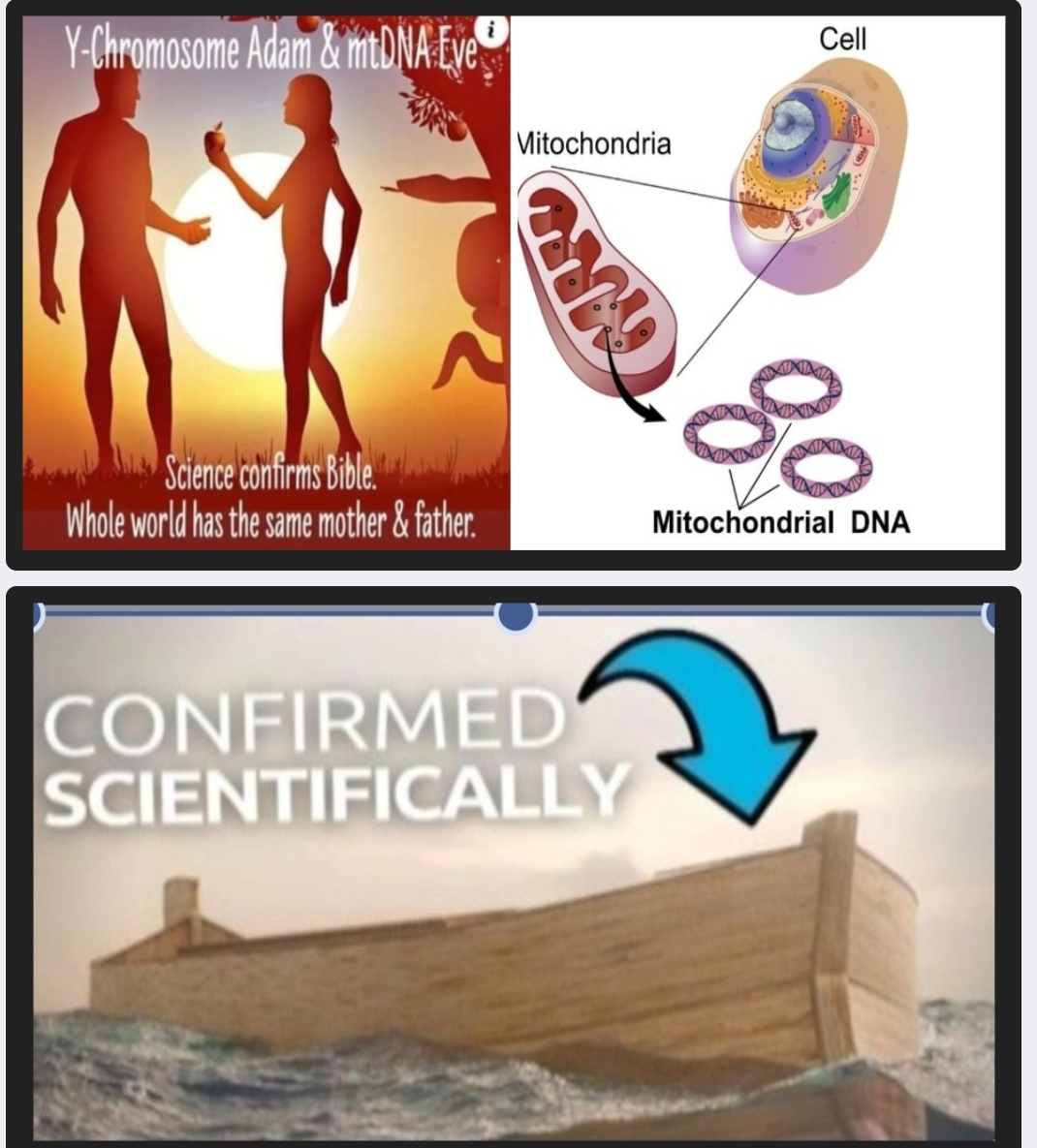"The Problem of Natural Divine Causation and the Benefits of Partial Causation: A Response to Skogholt," - Review
"In his article "The Problem of Natural Divine Causation and the Benefits of Partial Causation: A Response to Skogholt," Mikael Leidenhag argues that the concept of natural divine causation (NDC) is problematic because it leads to the problem of causal overdetermination. Overdetermination occurs when two or more causes are sufficient to bring about an event, so that the absence of any one of the causes would not prevent the event from happening. In the case of NDC, the natural cause and the divine cause are both sufficient to bring about the event, so the absence of either cause would not prevent the event from happening. This means that the divine cause is redundant, and it is therefore difficult to see how it can add anything to the explanation of the event.
Leidenhag argues that NDC is also problematic because it cannot serve as a line of demarcation between theistic evolution (TE) and intelligent design (ID). TE is the view that God used natural processes, such as evolution, to bring about the world. ID is the view that the complexity of the universe and the appearance of design in nature are evidence of the existence of a creator. Leidenhag argues that NDC is compatible with both TE and ID, so it cannot be used to distinguish between the two views.
Leidenhag suggests that a better way to understand the relationship between God and the world is through the concept of partial causation. Partial causation occurs when two or more causes are necessary to bring about an event, but no single cause is sufficient to bring about the event. In the case of partial causation, the divine cause and the natural cause are both necessary to bring about the event, so the absence of either cause would prevent the event from happening. This means that the divine cause is not redundant, and it can therefore add something to the explanation of the event.
Leidenhag argues that partial causation is a better way to understand the relationship between God and the world because it allows for a more robust notion of divine action. NDC, on the other hand, tends to reduce divine action to a kind of deus ex machina, where God intervenes in the world in a way that is not subject to natural laws. Partial causation, on the other hand, allows for a more nuanced view of divine action, where God can work through natural processes to bring about his purposes.
Leidenhag's argument is an interesting one, and it raises some important questions about the relationship between God and the world. Whether or not one agrees with his conclusion, it is clear that he has made a significant contribution to the debate."
----



Comments
Post a Comment